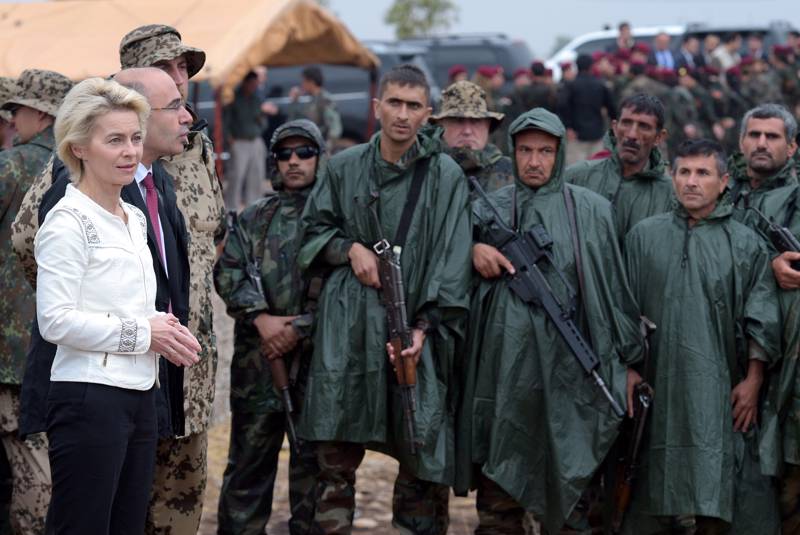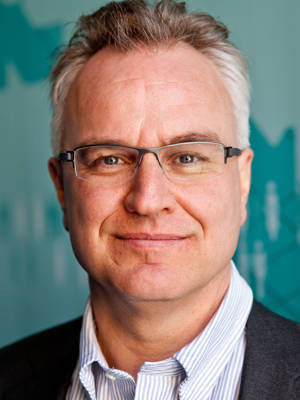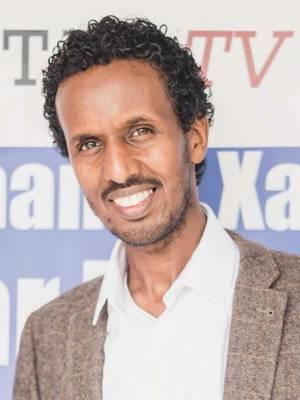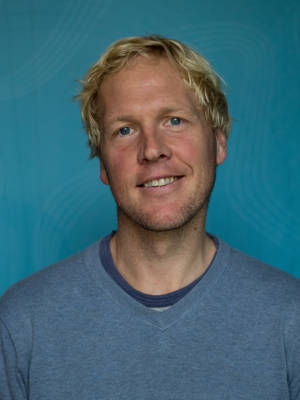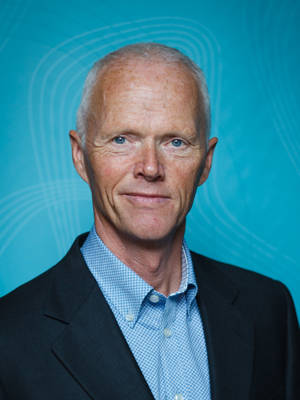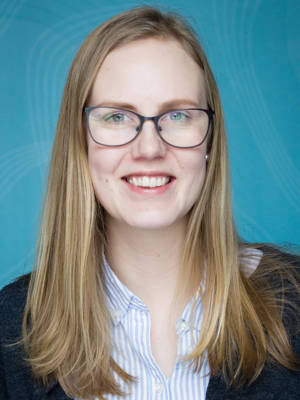The SFAssist project aims to advance the understanding of how security force assistance (SFA) affects the coercive capacity of developing states, as well as its impact on peace, human rights, gender, development and democracy.
The project team intends to help create better informed policy-making and public debate, and improved practice by training institutions, on the effects of SFA in regions affected by state fragility. It will contribute to improved decisions on where and when to provide SFA, and how to design programmes with minimal risk of negative consequences.
The provision of SFA is worth billions of dollars each year, and involves providing arms, military training and advice. It has become a key strategy of Western governments to address new security challenges in developing countries, such as violent extremism, migration, and organized crime. Elements of SFA have been recognized for decades as components of development assistance aimed at improving governance in developing countries.
However, the effects of SFA have been subject to little research, and little is known about it's effects. Providers of SFA often intend to professionalize recipient armed forces, making them more disciplined, effective fighters in order to uphold democratic institutions and the rule of law. But some analysts have pointed to SFA as increasing risks that recipients will themselves be involved in corruption, coups, illicit proliferation of donated arms, and violations of human rights. Since training comprises a key element of SFA, the project aims to examine how gender norms are affected by the experience of participating in a training programme.
This three-year project maps global provision of SFA for the first time, and investigates in detail the provision of SFA by Norway and its Western allies (foremost the US, EU, the UK and France) in partner countries located in highly fragile regions (North, West and East Africa, Iraq, Afghanistan). Combining document analysis and highly interactive fieldwork (interviews and focus group discussions) we will use the research team's unique competence in military affairs in developing countries to advance our knowledge within a field of study where policy-relevant knowledge is sorely needed.
